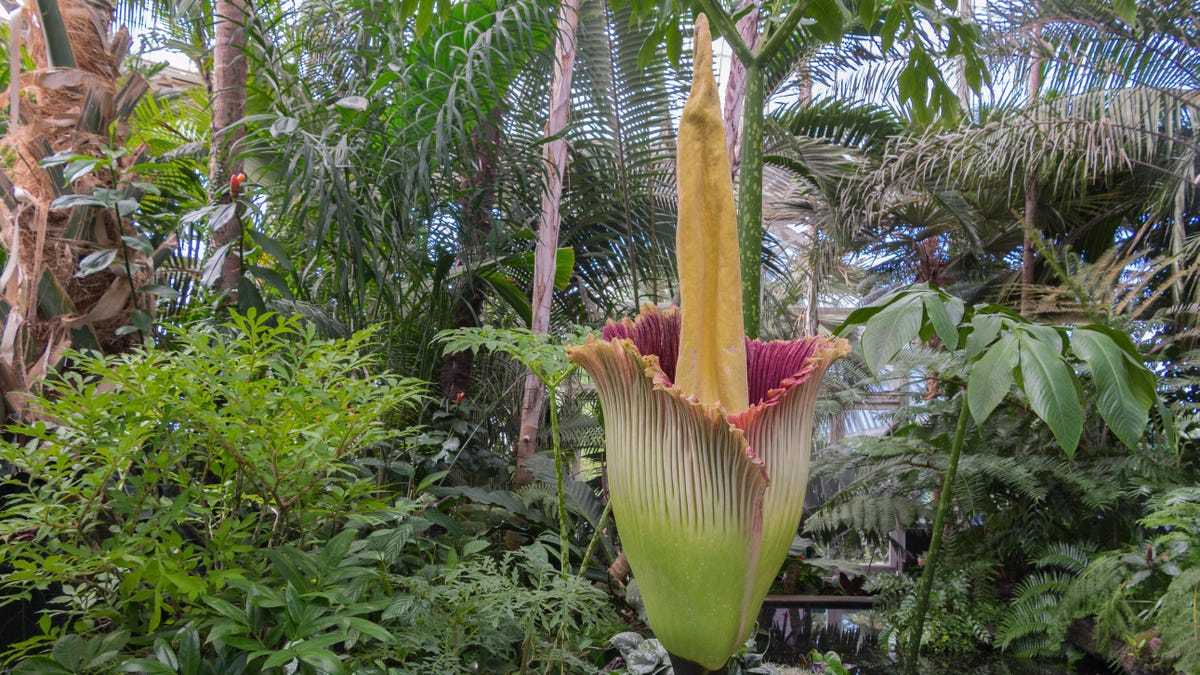How this M’sian turned his unknown family fruit stall into a popular chain in many malls
MBG Fruit Shop is a Malaysian chain selling fresh local and imported produce. Established in 2004, MBG stands for "money-back guarantee".

It seems that no matter which mall I visit, one shop that I constantly come across is MBG Fruit Shop (MBG). To me, it’s always a treat being offered free fruit samples, which may or may not lead me to buy something for myself.
But it was only recently that I learnt about the brand’s story, and what the name of the shop actually stood for. While one could misconstrue “MBG” as some form of health reference, as I did, the term has a lot more to do with consumer appeal.
Blooming the business based on trends
Upon emigrating from China in the 1950s, the grandfather of Adnan Lee (founder of MBG) would work odd jobs like transporting goods on a beca to earn an income. Before returning home, he would buy something from the market for his wife.
In doing so, Adnan’s grandfather noticed that fruit sellers were earning higher income from the higher cost per fruit sold. That led to his career switch to begin selling fruits at Petaling Street.
Adnan himself gave selling fruits at the market a go at age 18, where he took over the business as well. The third-generation fruit shop was operating under an unknown name at the time.
 Image Credit: MBG Fruit Shop
Image Credit: MBG Fruit ShopIt was only in 2004 that “MBG” came about as Adnan expanded the store to NSK Selayang. Here, he learnt that malls have a basic requirement where every business within the premise needed a brand name, logo, signage, and the like, for the convenience of customers.
The name MBG was coined based on a common experience Adnan faced at markets. He shared in a 2016 BFM interview, “Whenever people buy fruits, they’ll always ask ‘is this sweet?’”
MBG, taking the path less travelled, would assure customers that if they happen to find that the fruits aren’t sweet after purchasing, MBG has a “Money-Back Guarantee”.
Adnan’s big break came in 2005, according to The Edge. He was asked by a regular customer to set up a stall in the upmarket shopping mall, Avenue K, located next to the Petronas Twin Towers.
“Operators of shopping malls are always looking for new concepts. This is good for small retailers with new concepts and brands,” Adnan shared in an interview with The Edge.
 Image Credit: MBG Fruit Shop
Image Credit: MBG Fruit ShopTrends were also changing. More city dwellers preferred to shop in malls as opposed to wet markets, due to their working hours and preference for a cleaner environment.
Along the way, MBG opened up its business model for franchising. It is likely how the business has managed to expand as quickly as it did.
By 2016, the brand had had over 32 outlets and counting, located in malls, supermarkets, hospitals, and train stations.
“I would say this method of opening a fruit stall is a blue ocean, not a red one. We positioned ourselves to be convenient to customers, and this is how we could expand,” Adnan added.
Balance is necessary for a fruitful business
With over 250 fruit varieties sold, 35% of them comprise local tropical fruits from Thailand and Malaysia, while 65% are imported fruits. MBG gets its supply direct from farms and other fruit sellers, with over 100 supplier relationships built over three generations of the Lee family fruit store.
When it comes to imported fruits, MBG has to manage its costs and sales, especially with the Malaysian Ringgit weakening against the US dollar in 2016. Instead of inflating the cost of its fruits for customers, MBG’s workaround is to play with quantity.
 Image Credit: MBG Fruit Shop
Image Credit: MBG Fruit ShopFor example, say you could buy seven apples for RM10 a few years ago, but with price hikes, MBG alters its package deals instead, so customers would pay RM10 for six apples. Adnan stated that customers benefit from this as prices can remain the same, and from a business perspective, this also works in MBG’s favour.
This is because customers would finish consuming the fruits at a faster rate, and would therefore have to return to MBG to make another round of purchases. “Traffic in our stores increased too with this method,” Adnan observed.
He added that the other catalyst of MBG’s growth was the increasing health concern of customers preferring healthy snacks as opposed to junk food in the 2010s; it’s a trend that continues on a rise.
Keeping up with recent market trends, MBG now also offers fruit delivery to its customers.
Gaining an upper hand to achieve MBG’s IPO dreams
In 2016, Malaysian private equity firm, CMS Opus Private Equity (CMS Opus) acquired a 31.5% stake in MBG Fruits. In a 2016 interview with Deal Street Asia, Adnan shared that he and his mother still hold the majority 68.5% stake in the company.
The partnership came as a benefit to both parties. Adnan stated that CMS Opus was looking to diversify its portfolio from its oil and gas focus into the retail scene, while MBG’s internal financial capabilities needed a stronger leader.
MBG’s founder believes that leveraging CMS Opus’ resources would give his brand the boost to eventually attain IPO.
Although Adnan told BFM that he aimed for MBG to go public in 2020 (or 2025 according to Pocket News), we could not find official announcements that this came to pass.
 Image Credit: MBG Fruit Shop
Image Credit: MBG Fruit ShopFor now though, MBG has appeared to be on the down low, as the most recent interviews that have been conducted with Adnan himself were back in 2016. In fact, MBG even had a presence in Indonesia at one point via MBG Seafood, but its Facebook account seems to have been left inactive in 2016 as well.
Currently, MBG is a fruit shop brand that remains solely within KL, Putrajaya, and Selangor. If Adnan’s 2016 interview with BFM is anything to go by, he did not tease any plans to expand outside the capital, wanting to remain focused on one area first.
His past strategies appear to have always been calculated, with a sound reason behind each decision.
These all point to who he personally seems to be as an entrepreneur, a hypothesis summed up in his BFM interview where he advised, “Each of us who wants to become a successful person, please don’t think of the shortcuts. Work for seven days a week, for 365 hours, over five years, and I guarantee you’ll see the results.”
Learn more about MBG Fruit Shop here.Read more articles we’ve written about Malaysian startups here.Featured Image Credit: MBG Fruit Shop

 Hollif
Hollif 
































